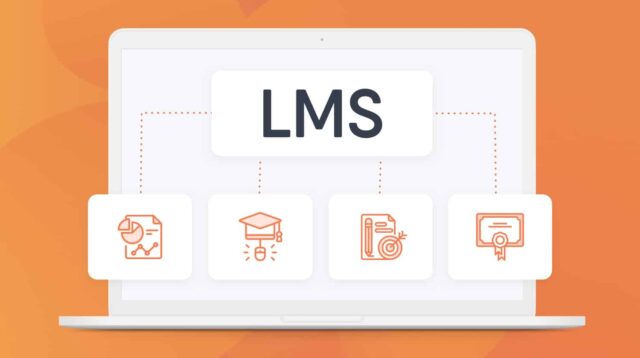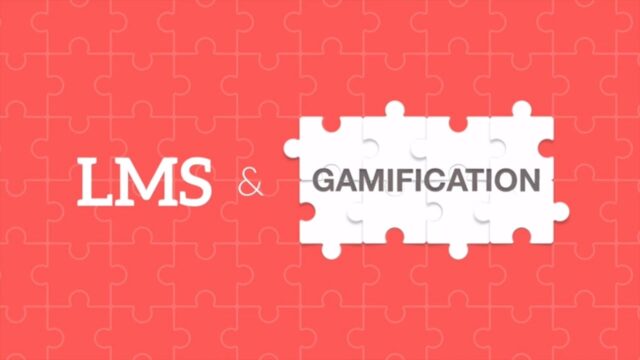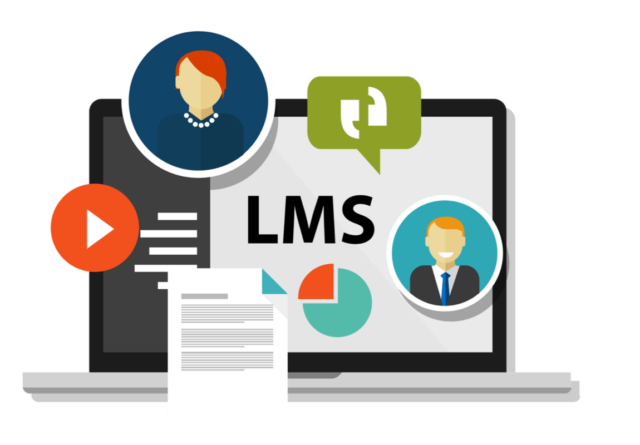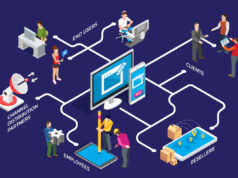
An LMS provides a rich and engaging learning experience in the e-learning space. Both trainers and learners can benefit from it. Diverse features enable trainers and learners to stay informed and learn more. Besides improving learning retention and productivity, a feature-rich LMS enhances the learning experience. It simplifies management, tracking, assessment, reporting, insights, and compliance all at once.
Need For Customization
Even the smallest organisations and start-ups need a certain level of customization. The reason behind this is because it allows them to integrate the branding and personalization feature for the online training experience.
LMSs that come out of the box are a good starting point for newcomers. The program is also beneficial for those who want to move from traditional to e-learning methods. The program’s essential features will suffice to meet most of their training needs.
There are e-learning institutions with prior experience with LMSs. The individuals who have achieved a certain level of skill in the field of e-learning. A ready-made LMS may not address their concerns. The LMS solutions offered to these companies should be custom-made with advanced capabilities that address their immediate and future needs.

Customising LMSs has become essential as every organisation is different. Its training requirements and goals, employee types, and organisational design and systems are different. There are various LMS with customization options present. One of them is the Saba Cloud App. You can learn more about this app here.
Now, how do we know what are the best customizations that will help your organisation objectives more efficiently? Thus, we have collected some of the best LMS customization s t that should be integrated in your next learning management system. Let’s further discuss the different LMS customization options in detail.
Branding
The system should incorporate the company’s brand identity, logo, content information, and colour palette into its user interface. Having this capability will ease brand recognition. Not just that all of this also enhances the credibility of your online training course and also enhances your image as a brand. Indifference is created by the anonymity of content ownership and the ownership of teaching material. The credibility and trust that an established brand builds with its audience are the results of recognition, wider acceptance, and reliability. A brand also provides a consistent and uniform experience for customers. It’s easy for the entire learning process to become ingrained in the learner’s brain. The complete learning process, thus, becomes the preferred choice for learning.There are many LMS solutions that allow you to add different logo certifications to your online training materials as well.
Gamification

A training experience that is interactive and customised is what trainees seek. Through gaming, you can introduce a competitive element to your learning experience. Any game fosters engagement, interaction, team participation, partnership, success, and rewards. An e-learning system must provide learners with this opportunity to engage with the course. It is clear that in the absence of gamification mechanics, learning suffers. Participation leads to better acquisition and retention. Additionally, gamification improves user experience in a significant way. Gamification also improves the overall aesthetics of online training. The best way to implement this feature is by equipping a learning management system that will help you in the same. To make it more amusing for the users, you can also add different gamification elements to the learning management system. Those gamification elements can include a prebuilt leaderboard, personalized graphics, and the best gamification reward badges.
Multilingual capability
It is more convenient for participants to learn in the language of their choice. Distance learning and remote working take place across different time zones and cultural differences. There is no use of LMS that speaks the same language. In contrast, it prevents the absorption of knowledge. Students who learn in their native tongue are more likely to accept and comprehend their lessons than those who learn in a foreign language. Customizable LMSs that offer courses in at least the major languages or provide multilingual instruction are better at reaching a wider audience and delivering better results. This is one of the best customization options you should consider for removing all the geographical limitations easily and showing progress in online training. Additionally, when users have multi-language support in the LMS system, they can easily switch to different languages at any point of time of their online learning. Corporate learners can even receive email notifications in their own preferred language.
Device Compatibility Option

The learning process is a flexible one, so participants are free to learn anywhere, anytime, on the go. You must choose an LMS that allows you to deliver content across various devices such as mobile, desktop, laptop, or tablets. The course should be accessible on the device of their choice. Additionally, the layout should adapt to whatever device is used. A mobile device’s small screen size and limited space need some content alterations. Furthermore, larger screens and larger capacities are conducive. You can display richer content through the use of data representation, illustrations, and other multimedia content.
Content personalization
Successful knowledge retention depends on the ability to personalise content. LMSs usually have rather basic authoring tools integrated into them. Yet, adaptability, speed, and the effectiveness of the course are very important. In these changing times, they demand the use of advanced authoring tools. Courses must be able to be developed according to the needs of each student. Depending on the target audience, templates should be able to be modified. Creating personalised content requires the ability for collaboration and many authors. By integrating an external authoring tool into an LMS, you can create custom content. That will promote your brand and improve performance.
Conclusion

Based on the needs and desired outcomes of the organisation, the customised options in the selected LMS will differ. It is important to keep in mind the long-term vision of the enterprise when making such choices. Smaller businesses with limited resources and needs can opt for a ready-made LMS. For larger organisations, an advanced LMS with customizable options will be more appropriate and cost-effective.












